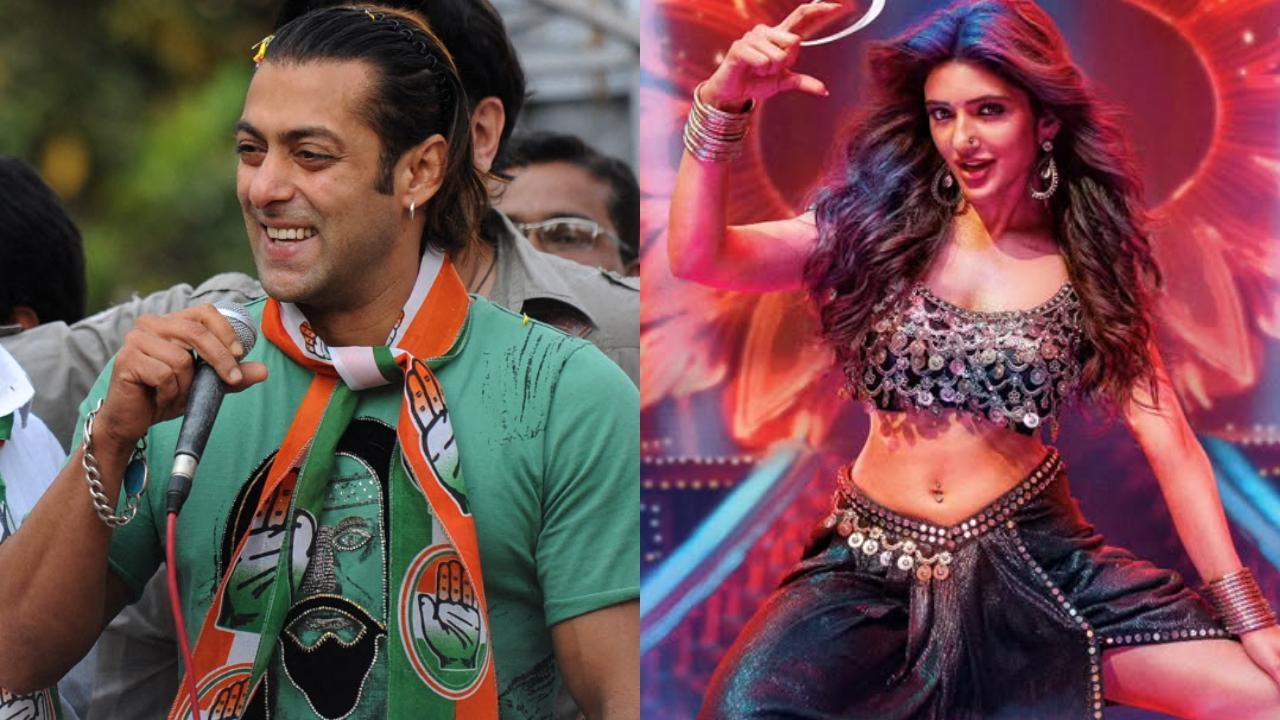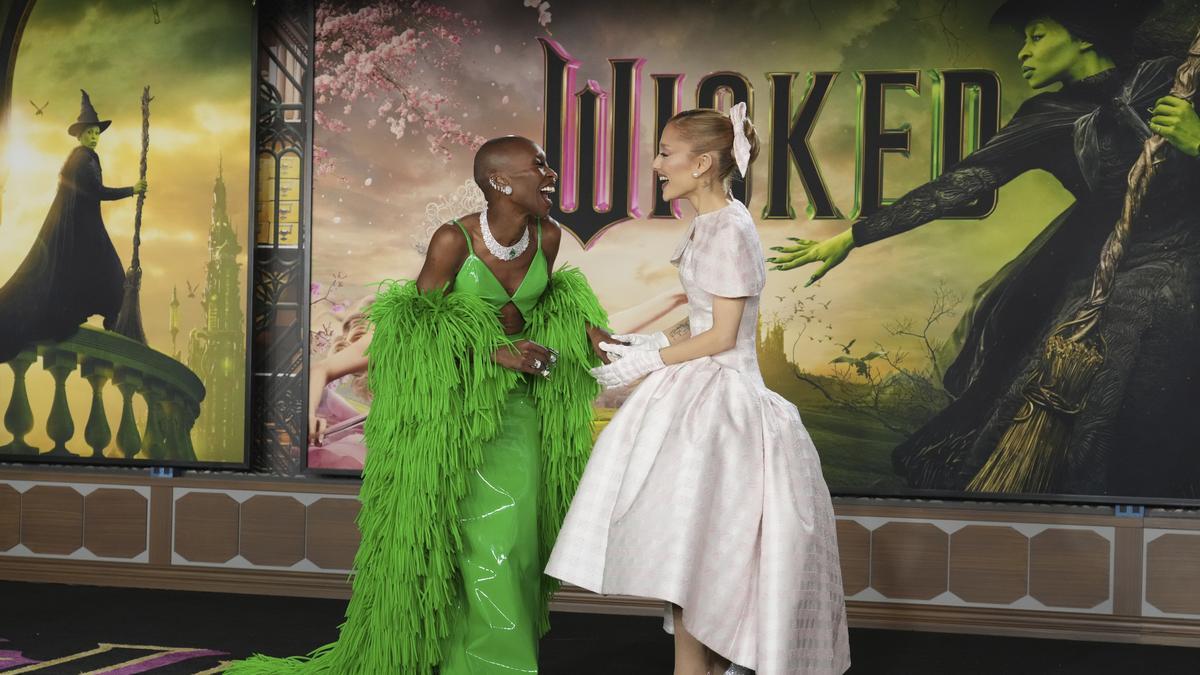
Aspiring filmmaker Sivabalan Muthukumar is on a mission — a mission to make films the ‘correct’ way. When pressed about which films best capture his love for cinema, Muthukumar finds himself at a loss to condense his passions into a singular list. His selections range from international classics like “Life Is Beautiful” and “Roman Holiday” to beloved Tamil films such as “Gnana Oli” and “Bharatha Vilas”. Despite his extensive list, he remains unsatisfied, indicating an enduring quest for perfection that permeates not only his taste in films but also his approach to filmmaking.
This meticulous attention to detail shines through in his debut film, “Bloody Beggar”, starring Kavin and set for a Deepavali release. Produced by the renowned Nelson Dilipkumar — whom Sivabalan worked with for over ten years — the film is set to shake the foundations of Tamil cinema.
In an exclusive conversation about his journey, Sivabalan recalls how serendipity played a role in joining Nelson. Initially brimming with confidence and eager to direct his own film, he quickly realized there was much to learn from Nelson, whose unique perspective on commercial cinema was transformative. Nelson’s breakthrough in 2017 with “Kolamaavu Kokila” was particularly encouraging for Sivabalan and the team, instilling hope and reinforcing the value of perseverance.
The journey to “Bloody Beggar” was not without its hurdles. Sivabalan’s initial script proposals were frequently turned down, fueling his determination to dissect and improve each iteration. “With every rejection, you learn to objectively assess the shortcomings and constantly re-work,” he reflects. His persistence paid off as he honed a script that promises a fresh cinematic experience.
Sivabalan considers commercial cinema a boundless entity, reaching a new zenith in the early 2010s with directors like Nalan Kumarasamy, Pa Ranjith, and Karthik Subbaraj. “Bloody Beggar” emerges from this era, as Sivabalan sought to craft an experiment within this open-ended genre.
A testament to Sivabalan’s innovative mindset is the film’s protagonist — an unconventional choice.
. He reveals a challenge in constructing narratives around a singular protagonist, typically opting for multi-perspective storytelling. However, understanding the demands of mounting a project necessitated a central character. He, therefore, conceived an unusual lead: a beggar with a mysterious edge.
Addressing the moral implications of his protagonist, Sivabalan is mindful of the complex emotions such portrayals might evoke. He speculates whether audiences will perceive beggars differently after viewing his film. Yet, he reminds us of the societal desensitization towards beggars — a subtle critique woven into the fabric of “Bloody Beggar”. The narrative centers around this character’s journey while acknowledging the struggles of those striving for honest livelihoods.
Casting Kavin was a calculated decision rather than a populist one. Sivabalan wanted an actor who could step into an unexplored realm of performance, embodying a character reminiscent of silent films with exaggerated, cartoonish physicality. Although apprehensive about perceived biases due to a personal connection, Sivabalan’s instinct ultimately led him back to Kavin, confident in his potential to breathe life into this role.
With “Bloody Beggar” poised for release on October 31, Sivabalan eagerly anticipates the audience’s reception. Their response acts as a barometer for his filmmaking principles, determining his future endeavors. His aspiration is not merely about translating vision to screen but ensuring every ounce of effort resonates within viewers. This, for Sivabalan, encapsulates the essence of making a ‘correct’ film — grounded in authenticity and artistic integrity.
As the theatrical debut of “Bloody Beggar” approaches, it marks not only an exciting venture in Indian cinema but also affirms Sivabalan Muthukumar’s commitment to reshaping storytelling with earnestness and innovation. His pursuit of crafting ‘correct’ films speaks to more than personal ambition; it signals a promising evolution in cinematic narratives, offering audiences vibrant, thought-provoking new experiences.










